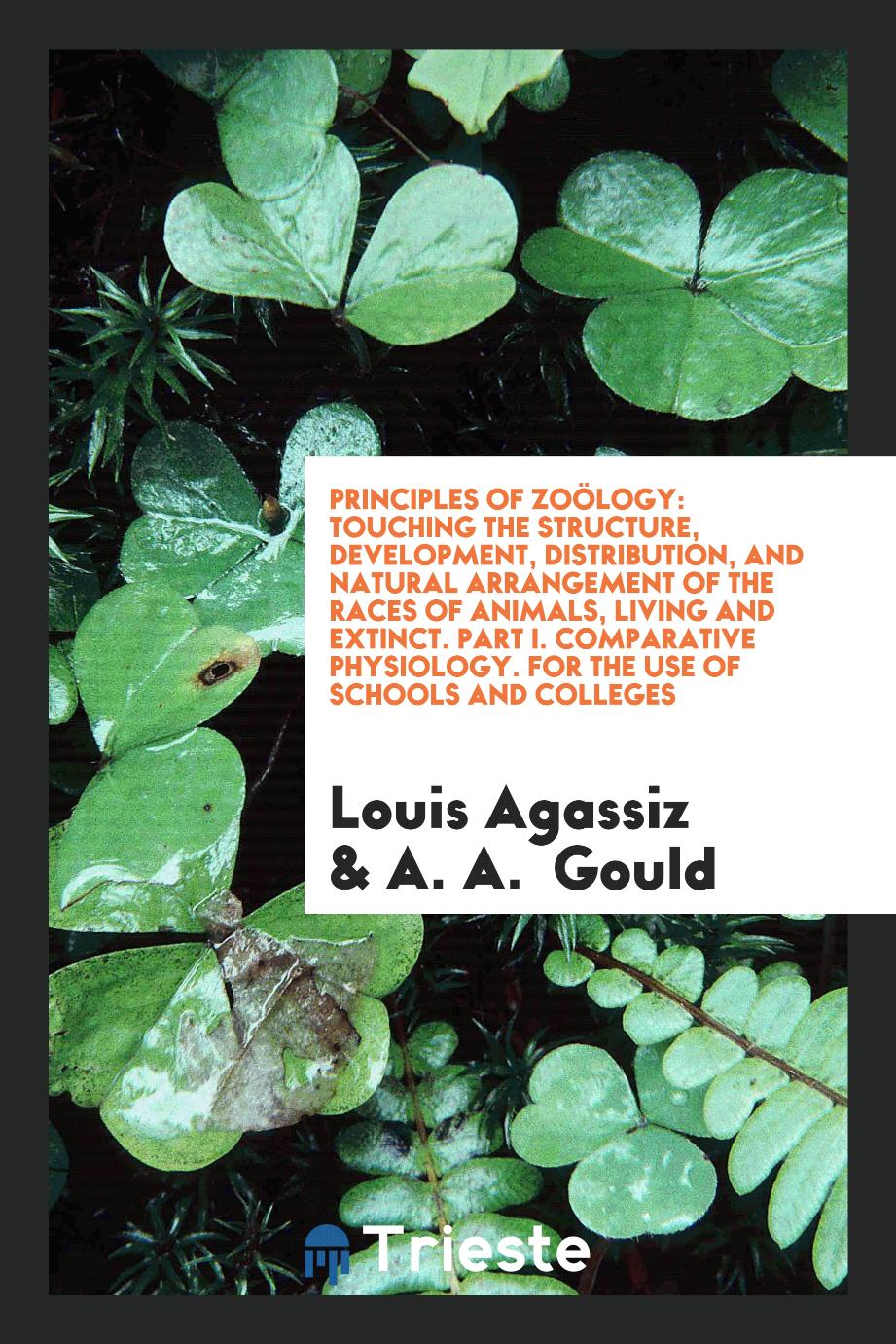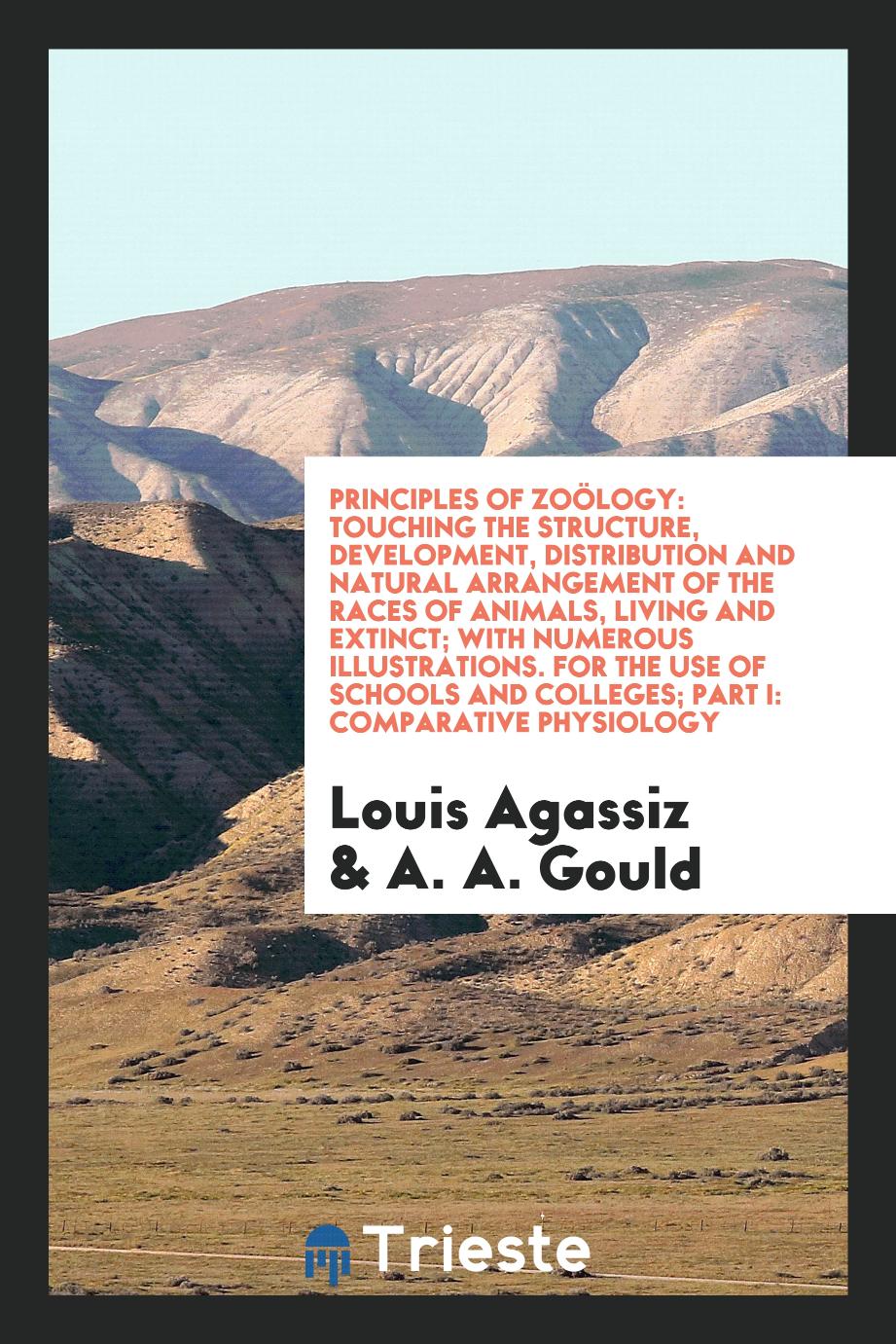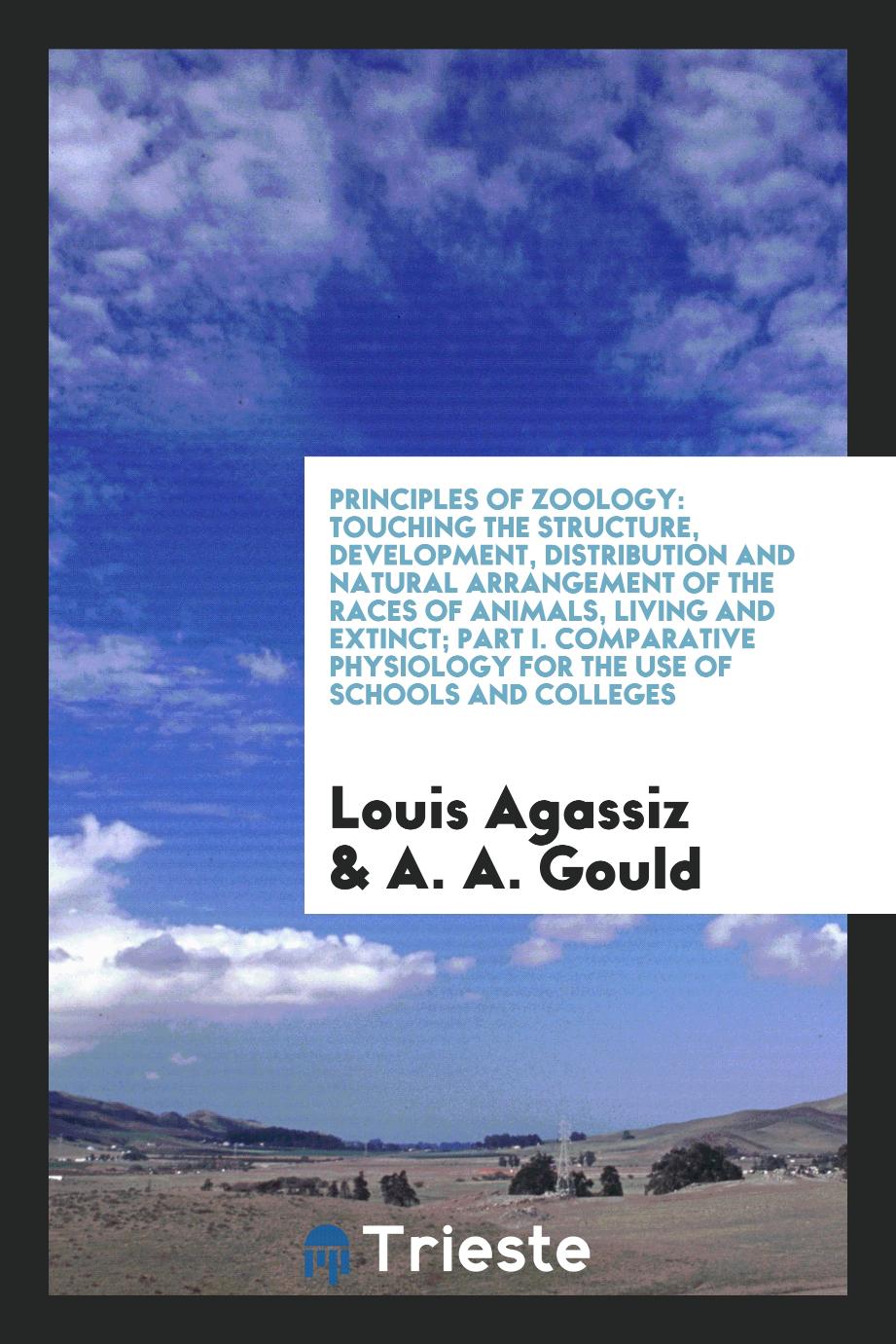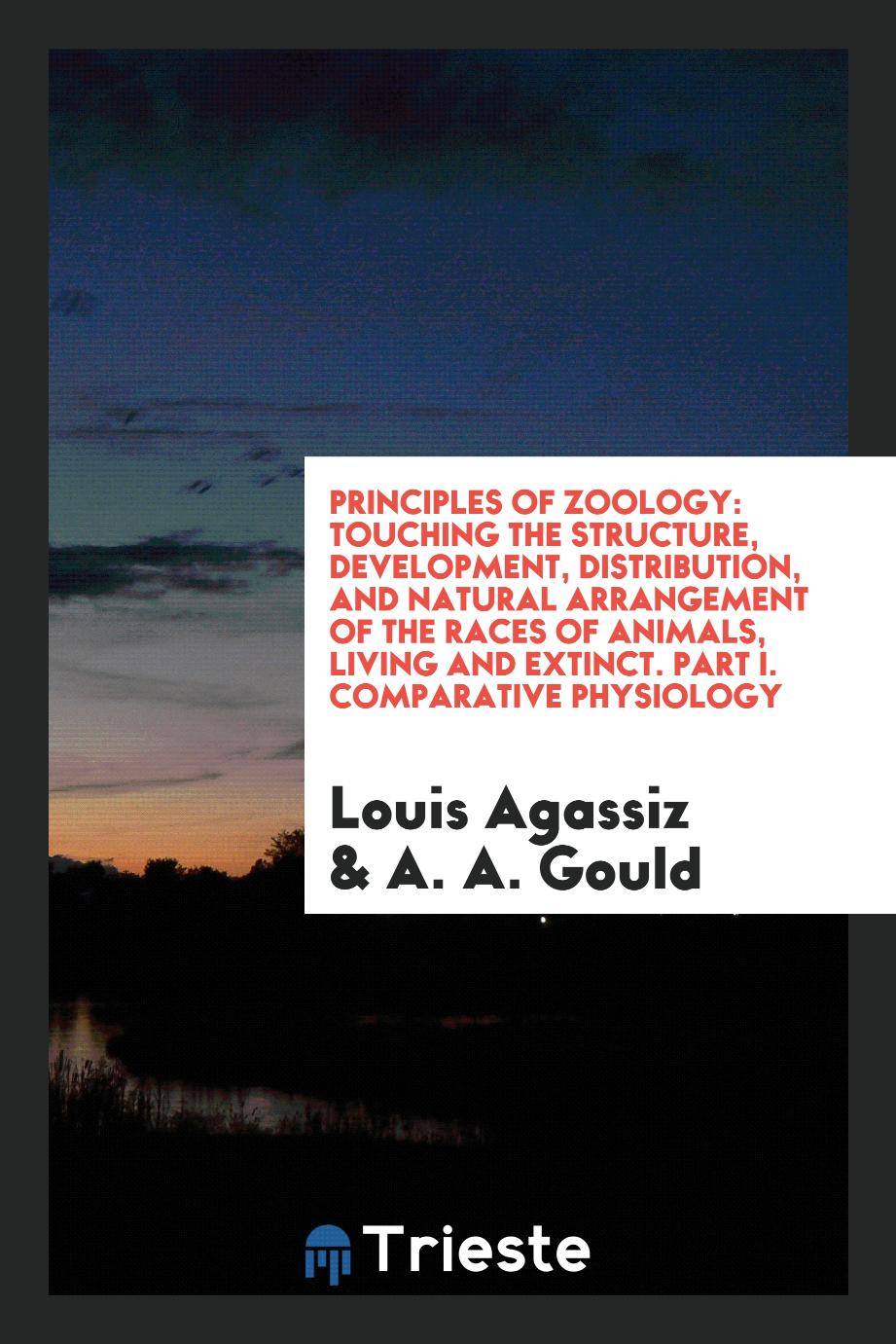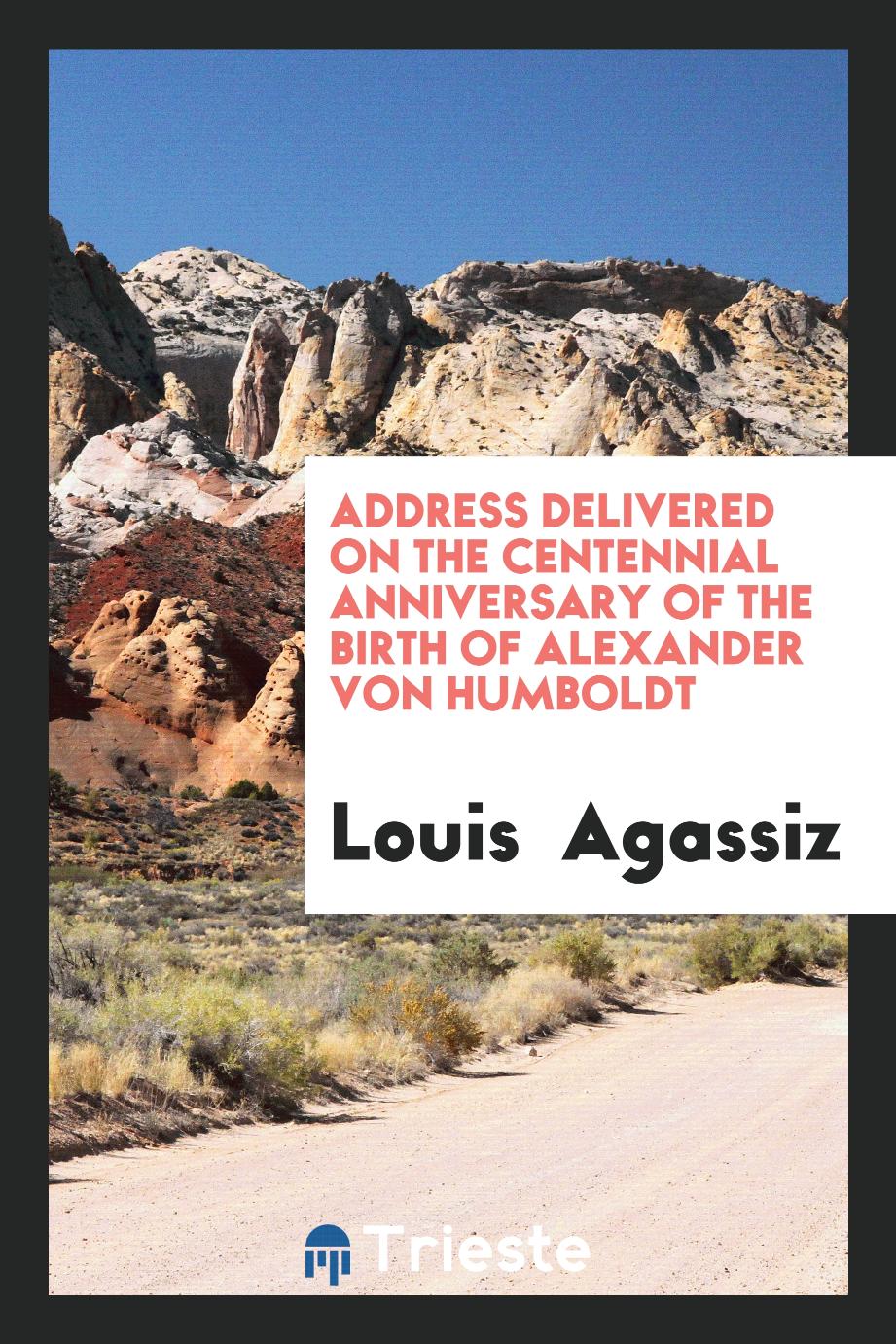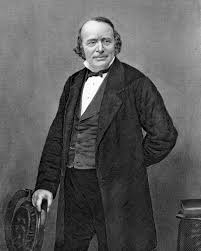
Louis Agassiz
Jean Louis Rodolphe Agassiz (May 28, 1807 - December 14, 1873) was a Swiss biologist and geologist recognized as an innovative and prodigious scholar of Earth's natural history. Agassiz grew up in Switzerland. He received doctor of philosophy and medical degrees at Erlangen and Munich, respectively. After studying with Cuvier and Humboldt in Paris, Agassiz was appointed professor of natural history at the University of Neuchâtel. He emigrated to the United States in 1847 after visiting Harvard University. He went on to become professor of zoology and geology at Harvard, to head its Lawrence Scientific School, and to found its Museum of Comparative Zoology. Agassiz is known for his regimen of observational data gathering and analysis. He made vast institutional and scientific contributions to zoology, geology, and related areas, including writing multivolume research books running to thousands of pages. He is particularly known for his contributions to ichthyological classification, including of extinct species such as megalodon, and to the study of geological history, including to the founding of glaciology. In the 20th and 21st centuries, Agassiz's resistance to Darwinian evolution, belief in creationism, and the scientific racism implicit in his writings on human polygenism have tarnished his reputation, and led to controversies over his legacy.
